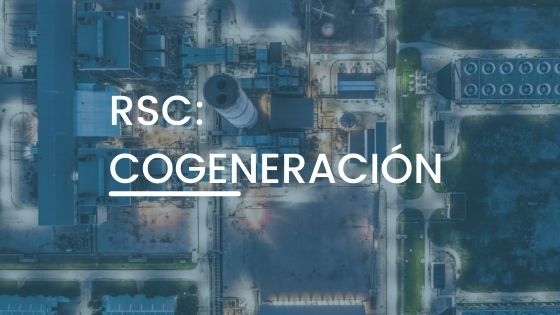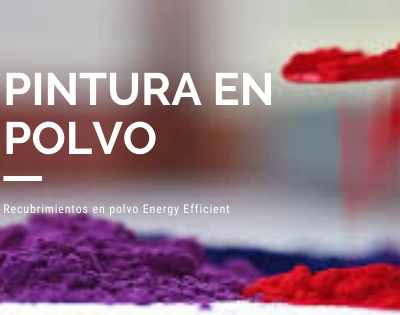Protein synthesis in a bioreactor from brsbiotech
Blog

Protein synthesis in a bioreactor from brsbiotech
Protein synthesis in bioreactors is a crucial process in biotechnology and pharmaceutical industries, enabling the production of proteins used in therapeutics, diagnostics, and research. Bioreactors are controlled environments where microorganisms, cells, or cell cultures are utilized to produce these proteins efficiently and at scale. The process begins with the selection of an appropriate host organism, commonly yeast, bacteria, or mammalian cells, depending on the desired protein and its post-translational modifications. The gene encoding the target protein is inserted into the host organism's DNA, often using plasmids or viral vectors. Once engineered, the host cells are cultured in bioreactors that provide optimal conditions for growth, including temperature, pH, oxygen levels, and nutrient supply. These conditions are tightly monitored and adjusted to maximize protein yield and quality. Fermentation is a critical phase where cells multiply and express the introduced proteins. After sufficient growth, the next step is harvesting, where the cells are separated from the culture medium, and the proteins are extracted and purified using various techniques, such as chromatography or precipitation. The final product undergoes rigorous quality control testing to ensure safety and efficacy before being used in medical or research applications. Overall, protein synthesis in bioreactors is a complex but well-structured process that plays an essential role in advancing modern medicine and biotechnology.




